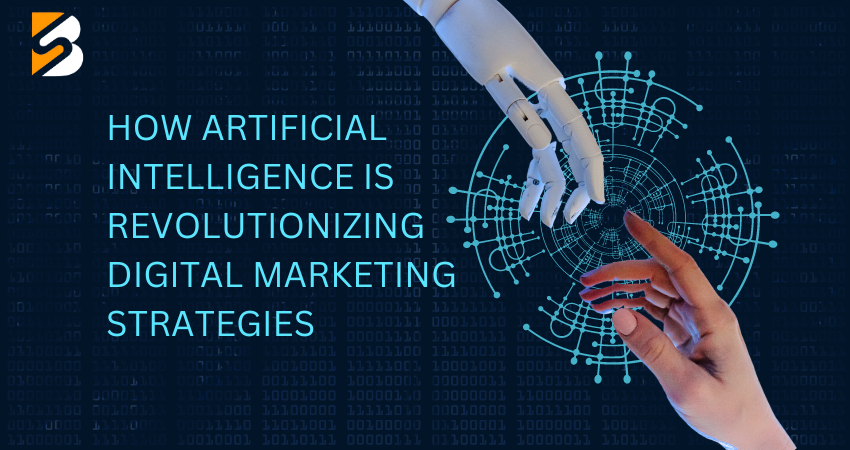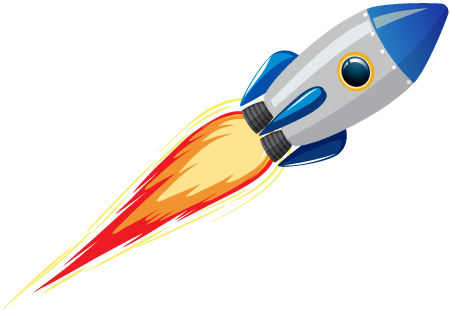Artificial intelligence is rapidly transforming industries worldwide, including digital marketing. It provides marketers with powerful tools to analyze data, automate tasks, personalize experiences, and make informed decisions based on real-time information.
The rise of AI has had a significant impact on the way we approach digital marketing. Whether it’s improved targeting and personalization or smarter forecasting and planning, AI has changed the game in terms of how marketers reach their intended audiences.
How AI is Personalizing Digital Marketing for Better Results
With AI, marketers can now leverage vast amounts of data to gain valuable insights into consumer behavior, preferences, and trends. Machine learning algorithms analyze this data, enabling personalized and targeted marketing campaigns that resonate with individual customers.
Personalized Customer Experiences
One significant impact of artificial intelligence in digital marketing is its ability to personalize user experiences by leveraging machine learning algorithms and natural language processing techniques. By analyzing consumer behavior, preferences, and demographics, these technologies can segment audiences into smaller groups and deliver tailored content that resonates better with them. This results in increased engagement rates, conversions, and ultimately higher revenues. For example, product recommendations based on users’ browsing history have become more accurate due to advanced algorithmic models.
Advanced Targeting and Segmentation
AI has revolutionized the digital marketing to identify and target their ideal audience. Traditional demographic-based targeting has been replaced with AI-powered audience segmentation, which takes into account multiple factors like behavior, interests, and online activities. By leveraging AI algorithms, marketers can create highly specific customer segments and target them with precision. This ensures that the right message reaches the right audience at the right time, maximizing the impact of marketing efforts and minimizing wastage of resources.
Predictive analytics
Artificial intelligence also allows companies to gain insights into customer needs and behaviors using predictive analytics. Predictive modeling analyzes large datasets such as clickstream, social media activity, purchase histories, email interactions, and many other forms of consumer data. Based on this analysis, brands can create precise audience segments and develop campaigns tailored to their unique characteristics and interests. As a result, they can optimize resource allocation, reduce wasteful spending, and focus on the most profitable areas of their business.
Smarter Forecasting and Planning
Using AI, marketers can now identify patterns and trends across multiple sources of data – all in near real-time. This means that organizations can pivot their plans quickly if necessary and adjust their budgets accordingly. With AI, marketers can forecast demand and plan inventory levels more accurately, reducing wasted ad spend and ensuring that the right message reaches the right person at the optimal time.
Chatbots and virtual assistants
Chatbots and virtual assistants are AI-powered tools that have transformed customer interactions and improved marketing strategies. These intelligent chat systems can engage with customers in real-time, answer queries, provide personalized recommendations, and guide users through the sales funnel. Chatbots can be integrated into websites, messaging apps, and social media platforms, offering round-the-clock customer support and automating repetitive tasks. By utilizing natural language processing and machine learning, chatbots can understand customer intent, provide accurate responses, and enhance customer satisfaction. They also gather valuable data about customer preferences and behavior, enabling businesses to refine their marketing strategies further.
Improved Content Creation and Optimization
Creating high-quality, engaging content is crucial for digital marketing success, and AI is making this process more efficient and effective. AI-powered tools can generate content, such as product descriptions, blog posts, and social media updates, based on predefined guidelines and desired tone. Natural language processing (NLP) algorithms enable AI to understand and mimic human language, producing content that is indistinguishable from human-written text. AI can also optimize content for search engines by analyzing keywords, suggesting improvements, and predicting user intent, thereby improving search engine rankings and driving organic traffic.
Conclusion
In conclusion, AI is revolutionizing digital marketing strategies in numerous ways. From personalization and targeting to predictive analytics and chatbots, AI empowers marketers to understand consumers better, improve decision-making processes, and drive growth in today’s competitive landscape. With continued advancements in AI, expect to see further innovation and disruption in the field of digital marketing, making it an essential tool for any brand looking to stay ahead of the curve. Incorporating AI into your digital marketing strategy will allow you to remain relevant, efficient, and effective in reaching potential customers and achieving your goals. Embrace the power of AI in your marketing efforts!



